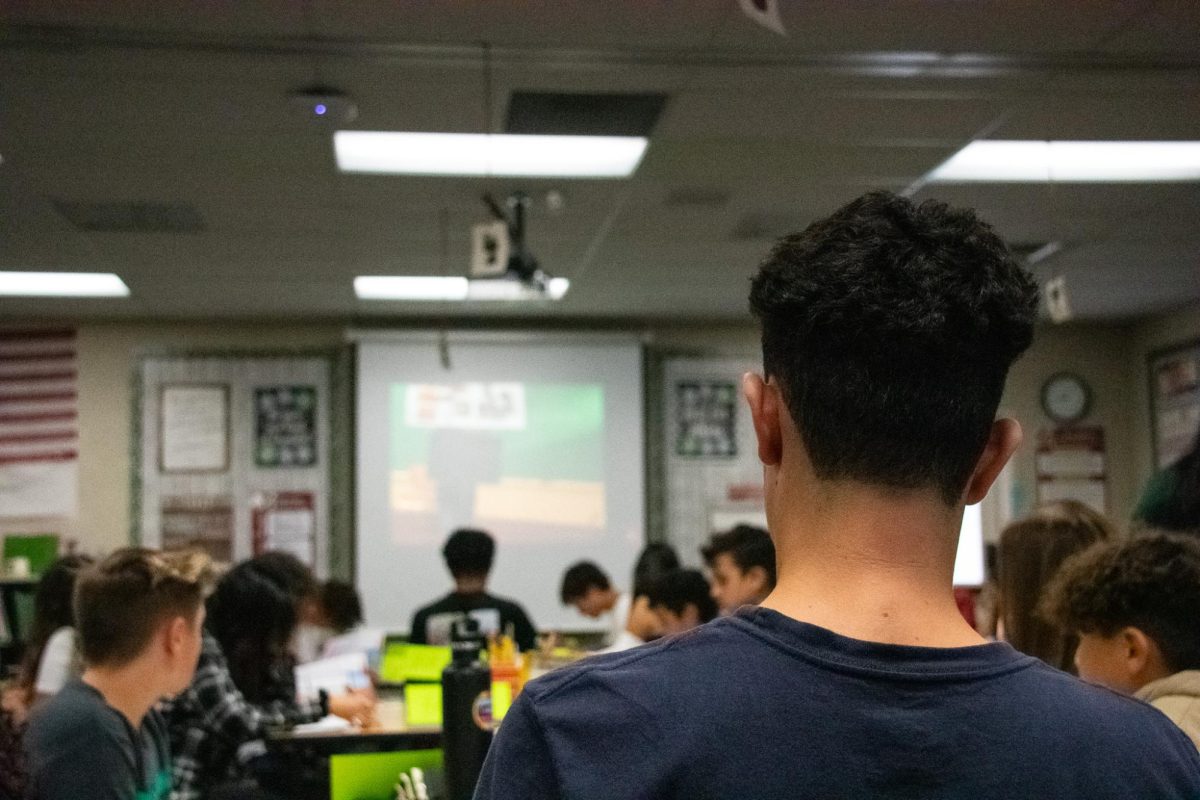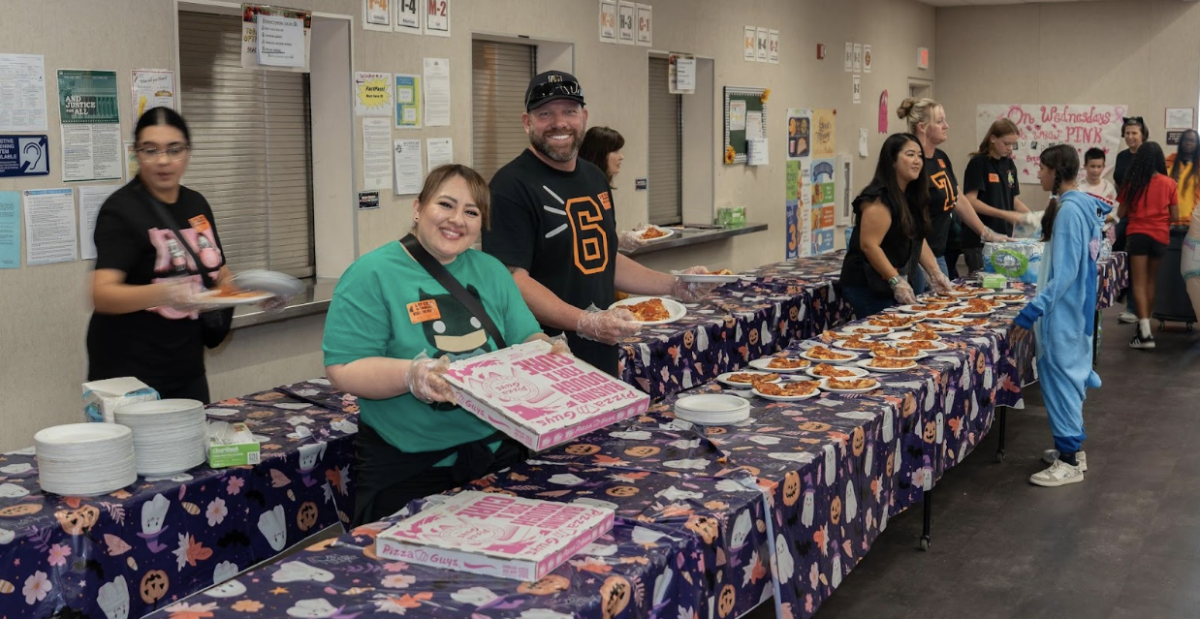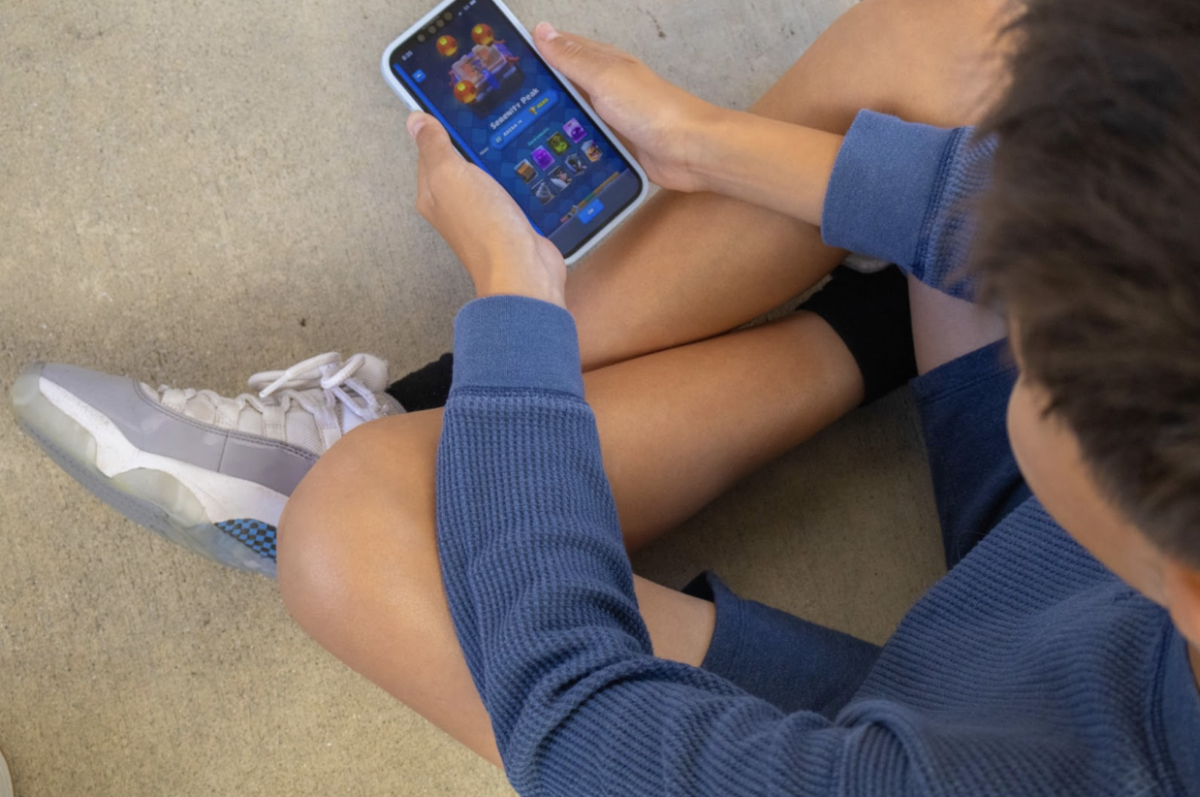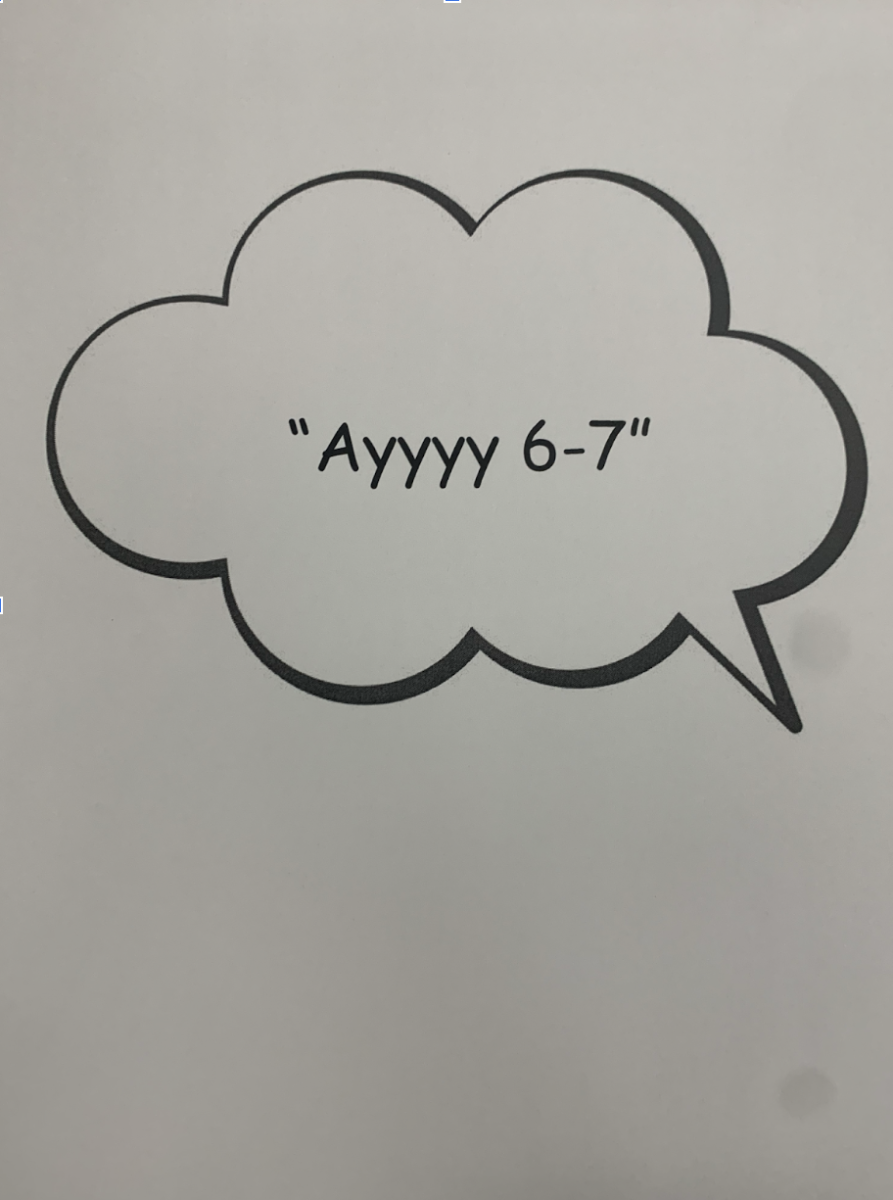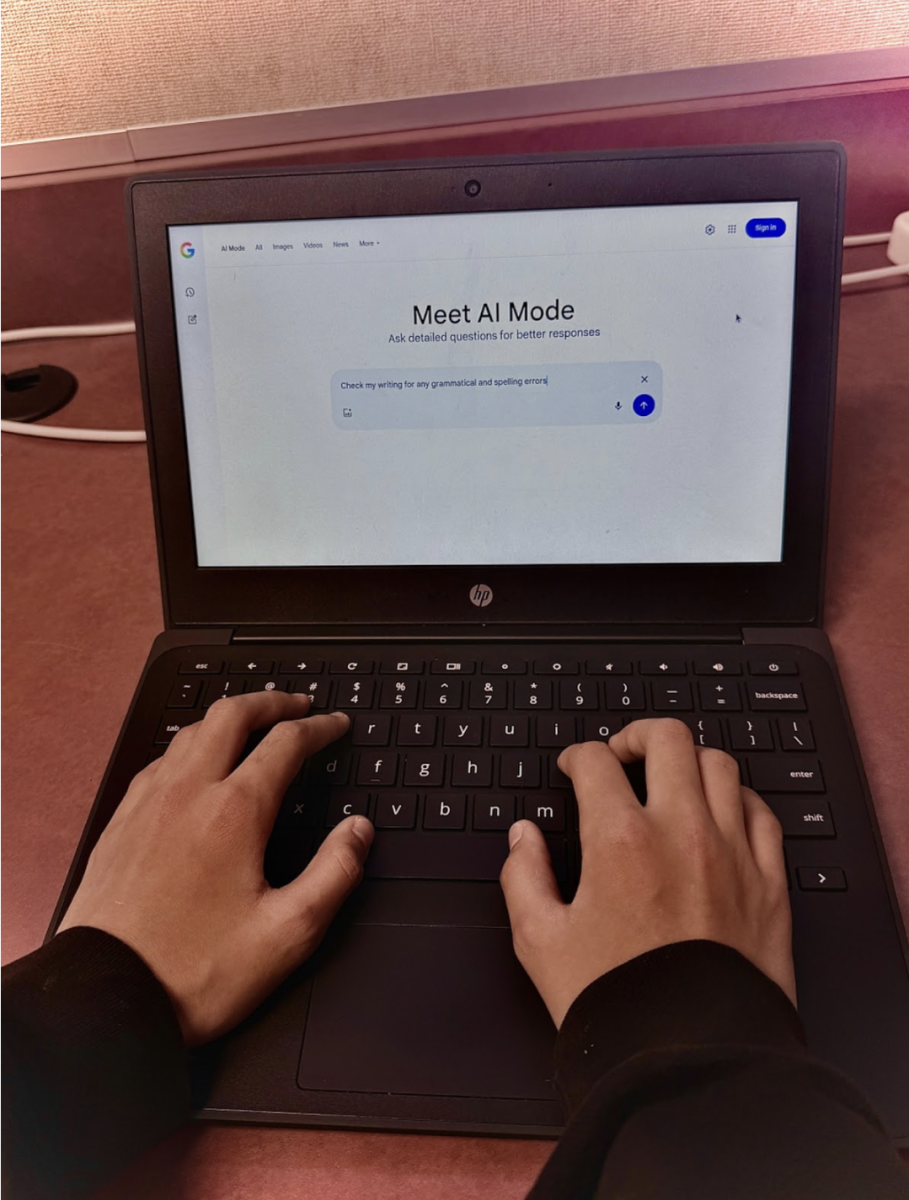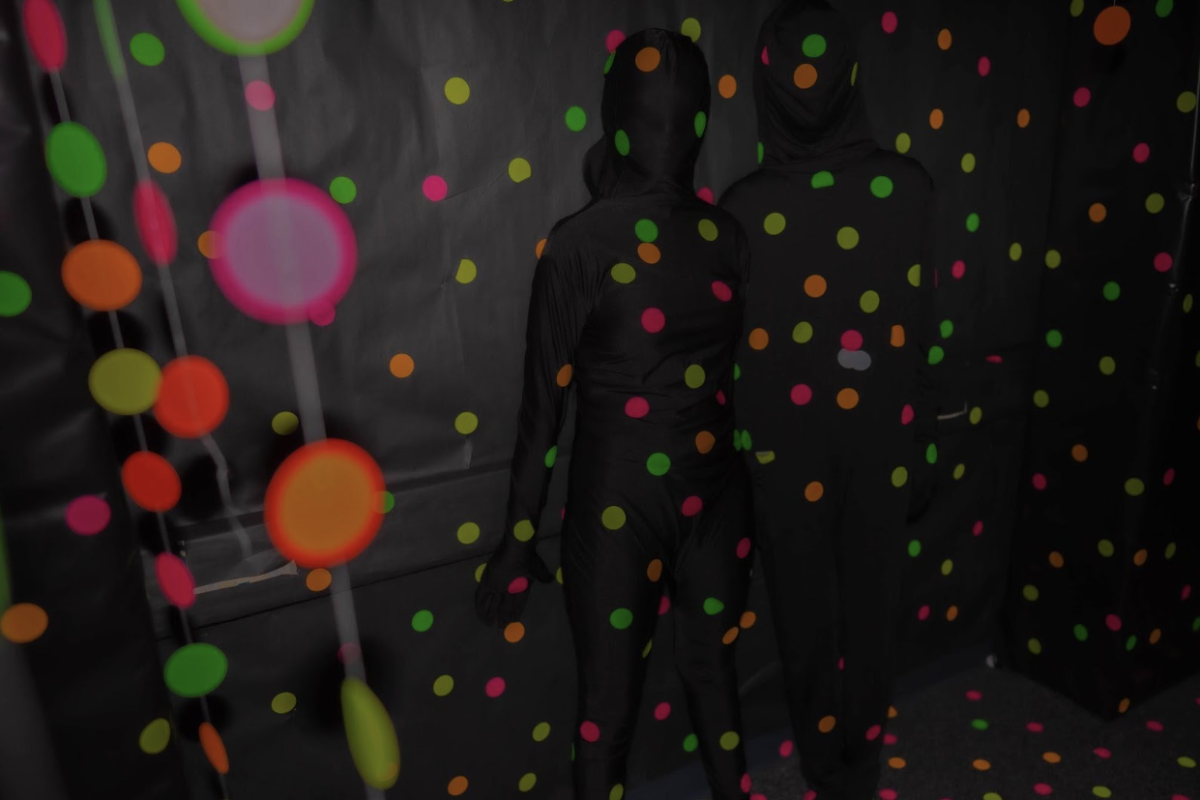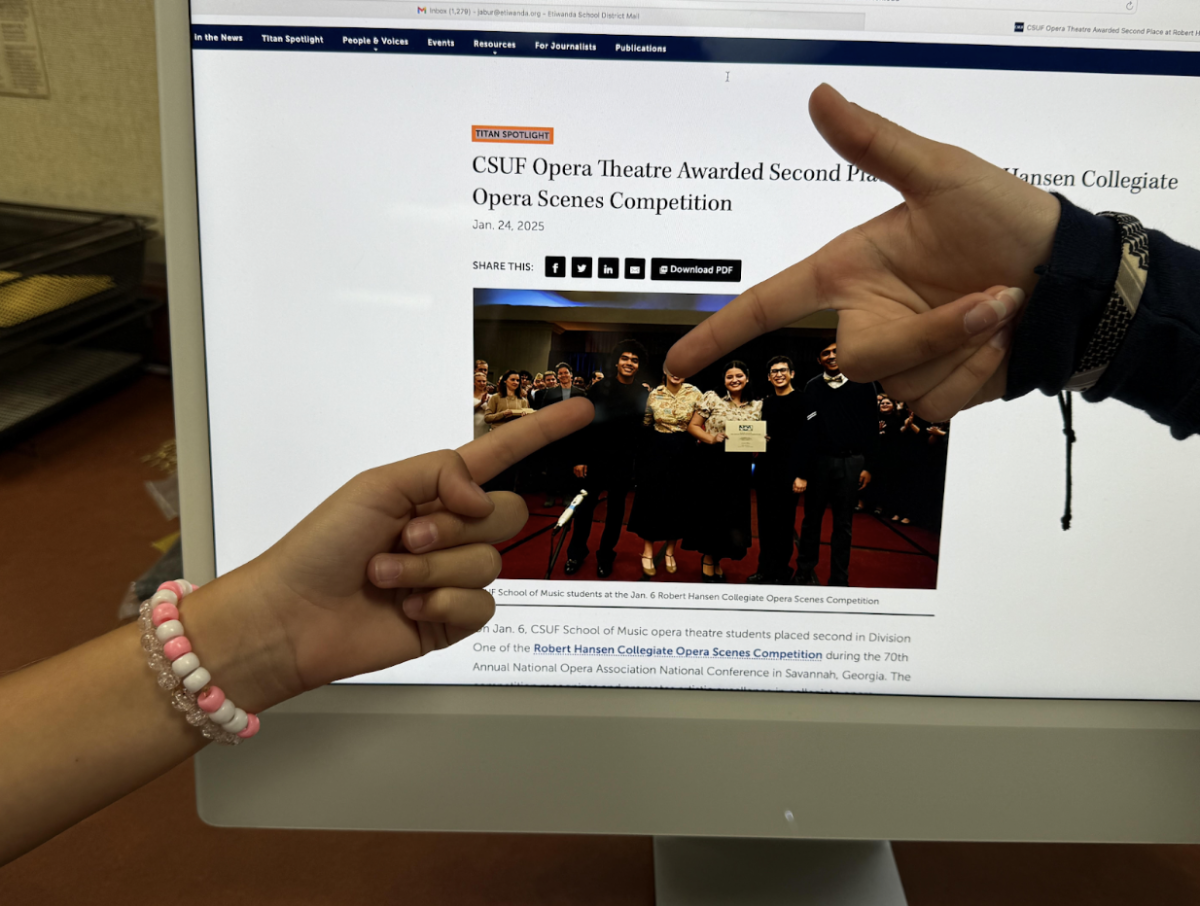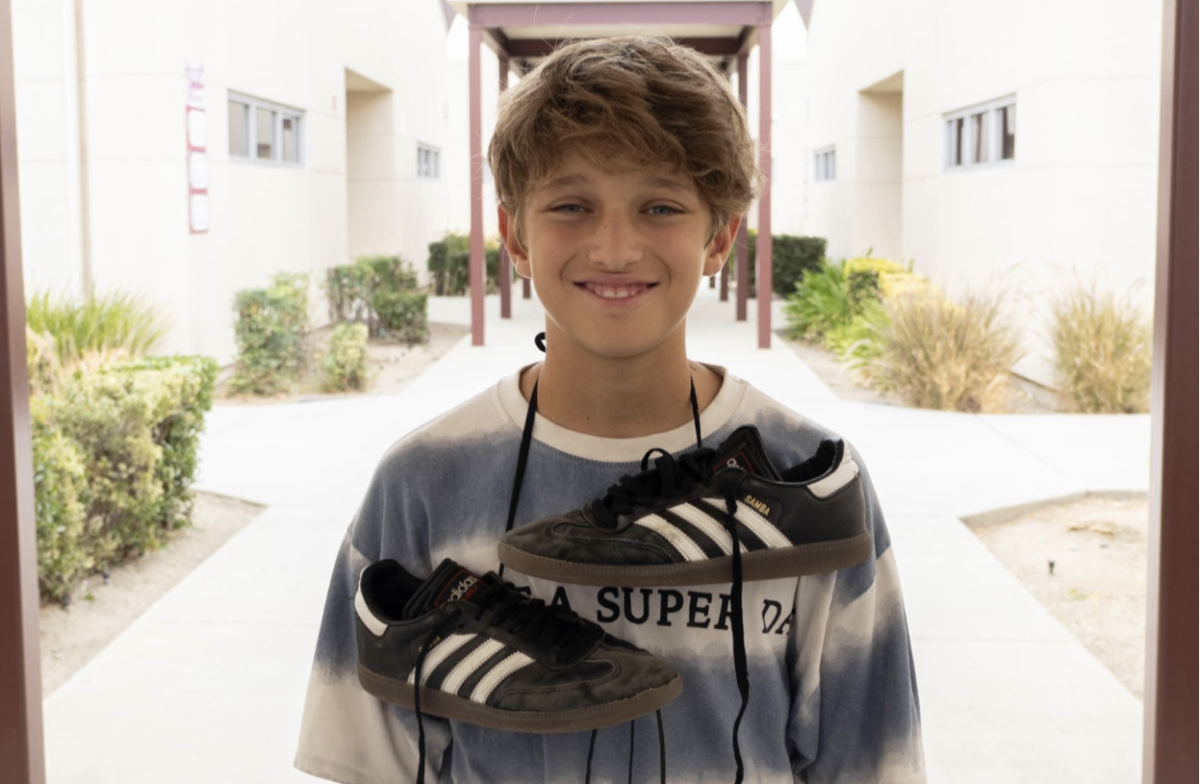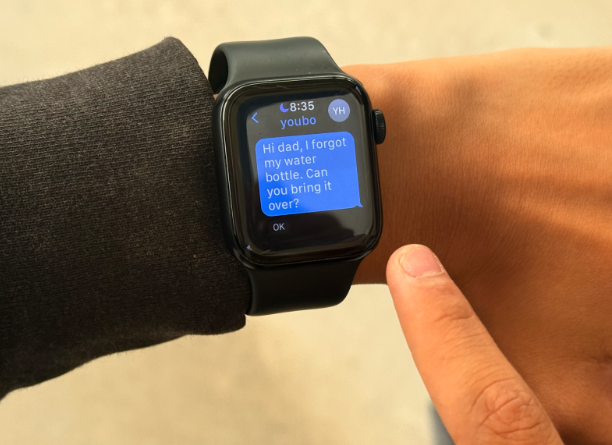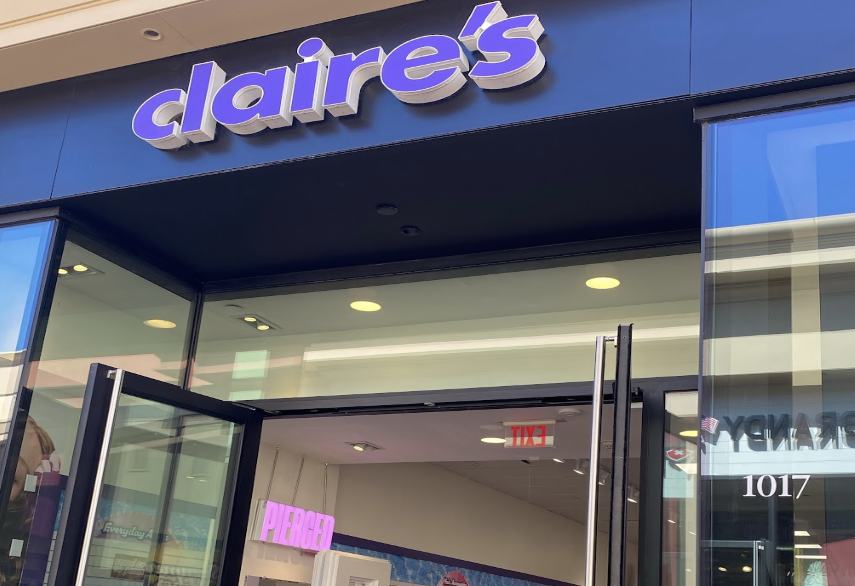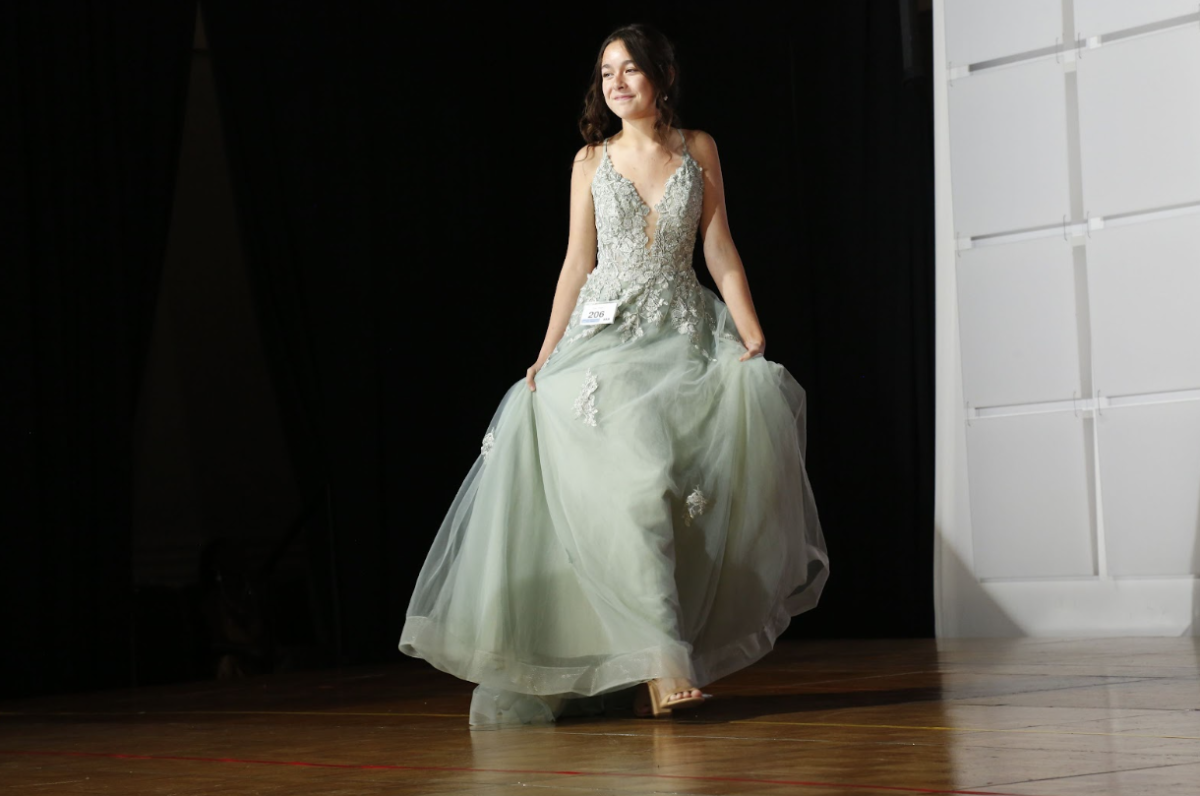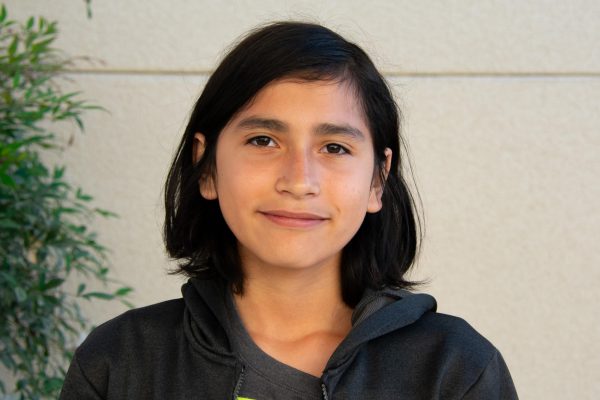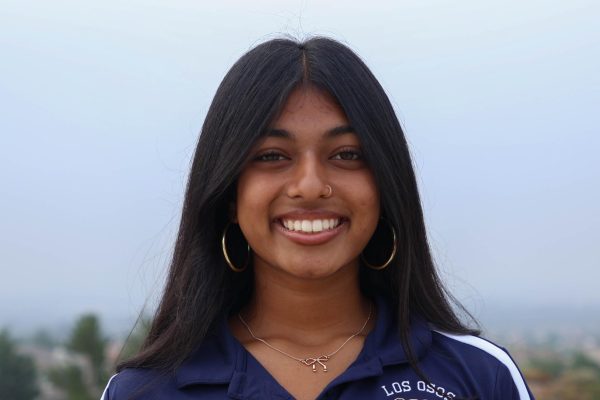Have you ever looked around your elective and wished everyone had the same talent? Perhaps you spent years in music lessons, but the option to play with a higher ability level simply doesn’t exist. So what if electives replaced the PACK timeslot, allowing kids to move among age brackets to work with their leveled peers?
PACK classes allow students to learn new things to address their strengths and weaknesses. Ability-based electives could do the same. They would focus on needs within a student’s ability, rather than the broad spectrum that exists today.
According to the Instructional Strategies List, “Students who are struggling can be placed in a lower-ability group where they will receive more individualized attention from the teacher. Students who are excelling can be placed in a higher-ability group where they can be challenged and encouraged to reach their full potential.”
As students are placed by ability, their talent and comprehension becomes the driving force of the elective. This would dramatically affect the growth of students in band, leadership, journalism, yearbook and CNN; potentially redesigning or creating new classes like art, drama or choir. Students who are low in a specific art could receive the focus needed to help them grow. At the same time, the students who are proficient would be on a fast track to increase an existing skill set. Within this concept, students could grow at their own pace among others who have similar abilities.
“I think [electives] should be more like PACK. Ability-based electives would be beneficial to find new interests,” Ian K. said.
Ability-based electives have the potential to develop something a student enjoys. If you are in a band and you’ve had lessons for years, 6th grade band is far too easy for someone with that expertise.
“It’s the same thinking behind PACK, if you’re a student that has mastered the basics, you don’t want to keep relearning those things,” Mrs. Gossage said. “You get bored, and you aren’t [going to] grow at the same rate that you could.”
Returning to a lower level brings boredom and frustration as you rehearse something mastered long ago. Imagine being in 7th grade math and returning to simple addition or reading Dr. Seuss throughout 6th grade. Your learning would certainly be halted.
According to the Master of Arts in Teaching Guide, “The traditional classroom setting, which involves teachers focusing their lessons on the perceived average learning ability of the classroom, leaves roughly two-thirds of the students dissatisfied. When ability grouping is not used, about a third of the class will learn the material quickly and be bored while another third or so will remain confused and need more attention to grasp what is being taught. However, ability grouping provides a means to keep all of the students engaged.”
Traditional elective classes run the risk of leaving many students feeling disappointed. Day Creek already knows this, which is reflected in PACK. Ability Electives could solve this and make students more active.
“[PACK addresses differentiated instruction because] we do an iReady or IXL diagnostics,” said Andy S. “And depending on how good you do; you are placed in certain levels of PACK.”
That’s precisely what could happen in Day Creek’s elective program. PACK is built upon pre-tests to show where each student stands academically. Then they are placed in different classes to improve their skills. This concept of addressing leveled learning could also be implanted into electives.
“The kids who come to me from journalism, have already spent a lot of time doing writing or photography,” said Mrs. Gossage. “The nice thing is that they get to shine [in Yearbook] because they [get to] show off their expertise.”
Students who have done journalism have more experience than the students who just joined Yearbook. This allows them to build on prior knowledge as every student should within campus electives.
“If you have a kid doing band forever – it’s just better for them to be in a higher level,” said Mr. Zajick. “It’s kinda like sports. High school, for instance. If you are a really, really good player and if you are a freshman, you would be on the varsity team.”
The same is true for a musician, because students should build on top of their musical talent instead of relearning the same skill year with a lower ability level.
“Teachers can work off of [student ability] to help the student become a better student,” said Ian K.
Students aren’t the only ones who benefit; teachers would too. With leveled electives, teachers could use their abilities to push students to new limits.
“If students were able to join our journalism class as 6th graders and stick with the writing format through 8th grade, they would be phenomenal writers by the time they exit 8th grade. Unfortunately, our class pretty much starts from scratch each year,” Mr. Gossage said. “I’d imagine CNN, Yearbook, and band face a similar challenge.”

